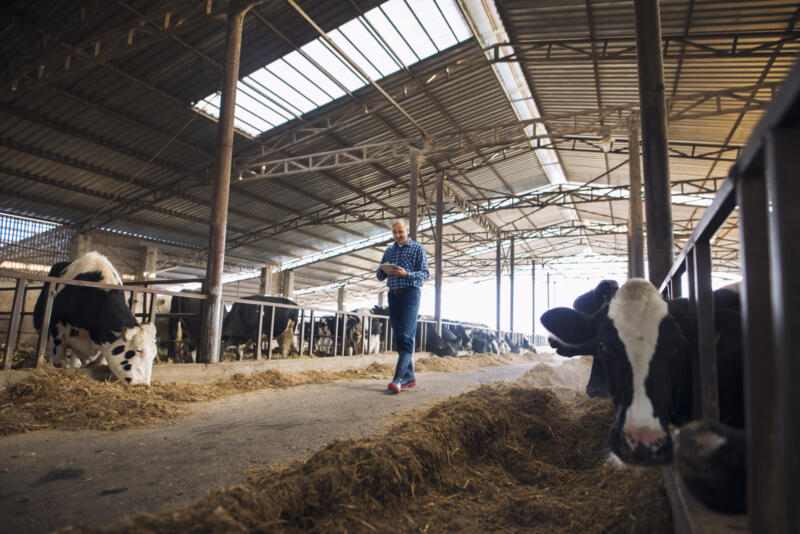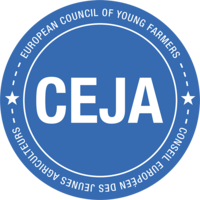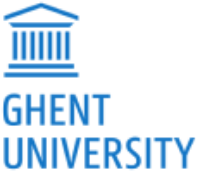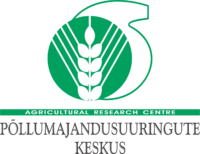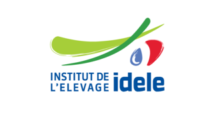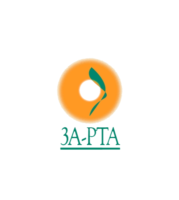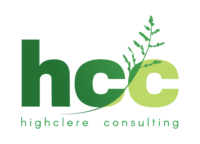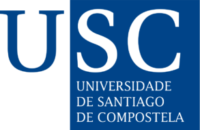The online meeting format can be draining, but the agenda of the EUREKA consortium meeting this August was spiced up with “Fikas” – Swedish-inspired virtual coffee breaks, in which participants were split into online “break out” rooms and answered the following questions during the Fika sessions: How are you corona’ing? What is the new normal? Any tips and tricks you’ve learned to help with teleworking that others can use?
This gave some opportunities for more informal chats and to gain insights into how Covid-19 has influenced Europe differently in each country.
Progress and challenges in EUREKA activities
The mapping of the 102 multi-actor projects within the EIP-AGRI landscape are now complete, and major findings related to output, impact, best practices regarding data storage, dissemination and communication were presented at the consortium meeting. More details can be found under Deliverables. One significant insight from this mapping process is that, while the different types of projects (e.g., research and innovation action-RIA, coordination support action-CSA, or innovation action-IA) have very different purposes and outputs, overall there is a great potential for increasing connectivity or networking among projects for the benefit of all actors.
New insights regarding end users’ search for knowledge
The group that works with getting to know the potential end users of the FarmBook, which is central to the EUREKA project and its outcomes, held an online workshop in order to learn more about the “information journey” taken each time knowledge on specific matter are sought after by the end users.
Furthermore, 40 online qualitative interviews (due to Covid-19) across 4 EU macro-regions have been carried out, and the main findings from the derived analysis were presented at the consortium meeting. You can read more about end-user information journeys here.
The information gathered about end-user knowledge needs and preferences gives the project important info and assessments of the needs of the farmers and other practitioners, and is broader in scope than just the FarmBook platform.
Tyler Arbour, who in July joined the project coordination team of EUREKA at Ghent University, says about the work being done regarding end-user journeys: “In EUREKA our primary mission is to create a knowledge platform and online community that is actually useful to those who will benefit most from gaining access to such information. So I find it refreshing and exciting to see the focus being placed where it should – on the end-users themselves, and how they experience the platform. This is what drew me to the project!”
The group focused on communication and dissemination within the project presented the EUREKA webpage (www.h2020eureka.eu) and the EUREKA newsletters, and stressed the importance of keeping editors up to date with potential news stories from the project.
Overall, the final feelings among project participants were positive and people felt encouraged to progress with their tasks. Tyler Arbour sums up the three-day meeting like this: “This pandemic has been a challenging time for many of us, and helping to organize this meeting was my first big responsibility for the EUREKA project. It would have been overwhelming on my own, but other consortium members stepped up to help out when needed, and together we made our first virtual consortium meeting a fun, useful and therefore successful event.”
The next consortium meeting will be held online in January 2021
















